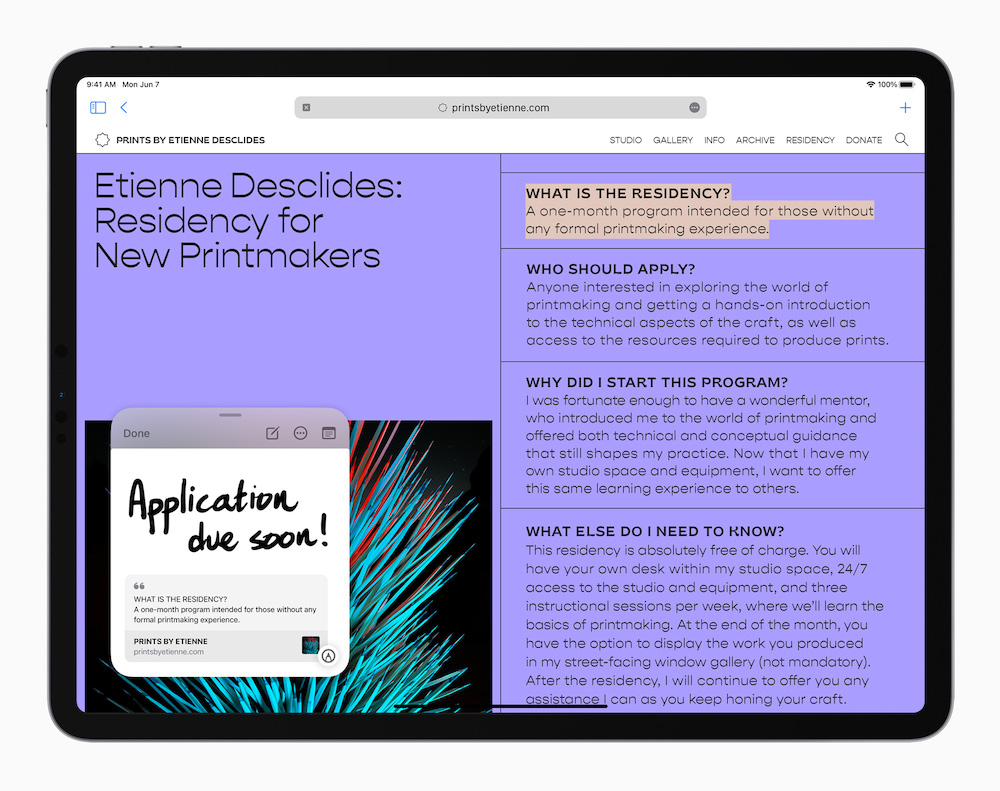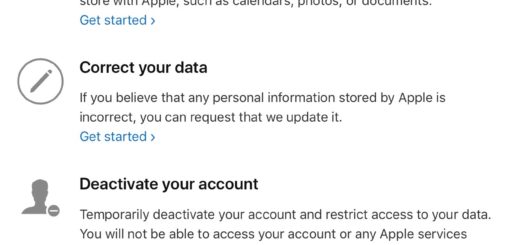UK CMA slams Google, Apple for control of mobile internet

Apple’s Safari tabs just didn’t hit the mark
Yet more regulatory activity against Apple has been announced in the UK, where the Competition and Markets Authority (CMA) is considering a market investigation into Apple and Google’s market power in mobile browsers and Apple’s restrictions on cloud gaming through its App Store. It is also taking enforcement action against Google in relation to its app store payment practices.
What the regulator thinks
Andrea Coscelli, Chief Executive of the CMA, said: “When it comes to how people use mobile phones, Apple and Google hold all the cards. As good as many of their services and products are, their strong grip on mobile ecosystems allows them to shut out competitors, holding back the British tech sector and limiting choice.
“We all rely on browsers to use the internet on our phones, and the engines that make them work have a huge bearing on what we can see and do. Right now, choice in this space is severely limited and that has real impacts – preventing innovation and reducing competition from web apps. We need to give innovative tech firms, many of which are ambitious start-ups, a fair chance to compete.
“We have always been clear that we will maximise the use of our current tools while we await legislation for the new digital regime. Today’s announcements – alongside the 8 cases currently open against major players in the tech industry, ranging from tackling fake reviews to addressing problems in online advertising – are proof of that in action.”
What is happening?
The CMA has engaged in a year-long study of the companies’ mobile ecosystems. The study found that Apple and Google have an effective duopoly on mobile ecosystems that allows them to exercise a stranglehold over these markets, which include operating systems, app stores and web browsers on mobile devices. The CMA argues that intervention is required to loosen that grip and the study has identified some of these, but the regulator is now consulting on making a market investigation reference into mobile browsers and access to cloud gaming on mobile devices.
The argument is that 97% of all mobile web browsing in the UK in 2021 happens on browsers powered by either Apple’s or Google’s browser engine. Apple does not permit alternatives to its own browser engine on its mobile devices, which the CMA says limits the potential for rival developers and dents Apple’s incentive to invest in Safari. (To me, the latter seems a weird argument given the company continues to invest in new Safari technologies, but I digress).
What Apple says
In a statement provided to The Guardian, Apple said it believed in “thriving and competitive markets” and disagreed with a number of conclusions in the report that accompanied the CMA statement.
“We will continue to engage constructively with the Competition and Markets Authority to explain how our approach promotes competition and choice, while ensuring consumers’ privacy and security are always protected.”
The criticism continues
The CMA also says Apple’s refusal to support alternative browser engines “seriously inhibits” the capability of web apps. The regulator also questions that mobile devices ship with either Google’s Chrome or Apple’s Safari pre-installed.
During its market study, the CMA heard concerns from a number of UK businesses and start-ups who said that the restrictions in relation to mobile browsers and cloud gaming make it harder for them to innovate and compete in these markets.
The proposed market investigation will further assess the competition concerns identified to date in both areas and decide what, if any, action is appropriate. This could include making legally binding orders requiring changes to be made to Apple’s and Google’s practices.
In parallel, the CMA is also today launching a competition law investigation into Google’s rules governing apps’ access to listing on its Play Store, in particular regarding conditions Google sets for how users can make in-app payments for certain digital products.
Separately, the CMA has an existing competition law investigation underway in relation to Apple’s App Store terms and conditions, which it opened in March 2021.
What happens next?
The consultation on the proposed the market investigation reference will close on 22 July at 5pm.
If an investigation is called it must complete within 18-months (though this can be extended). If investigators conclude there is an adverse effect on competition the CMA can impose its own remedies on businesses.
These can include governing the way a product is sold in a particular market, the information that is available to customers buying that product and structural remedies which can require companies to sell parts of their business to improve competition.
Please follow me on Twitter, or join me in the AppleHolic’s bar & grill and Apple Discussions groups on MeWe.




